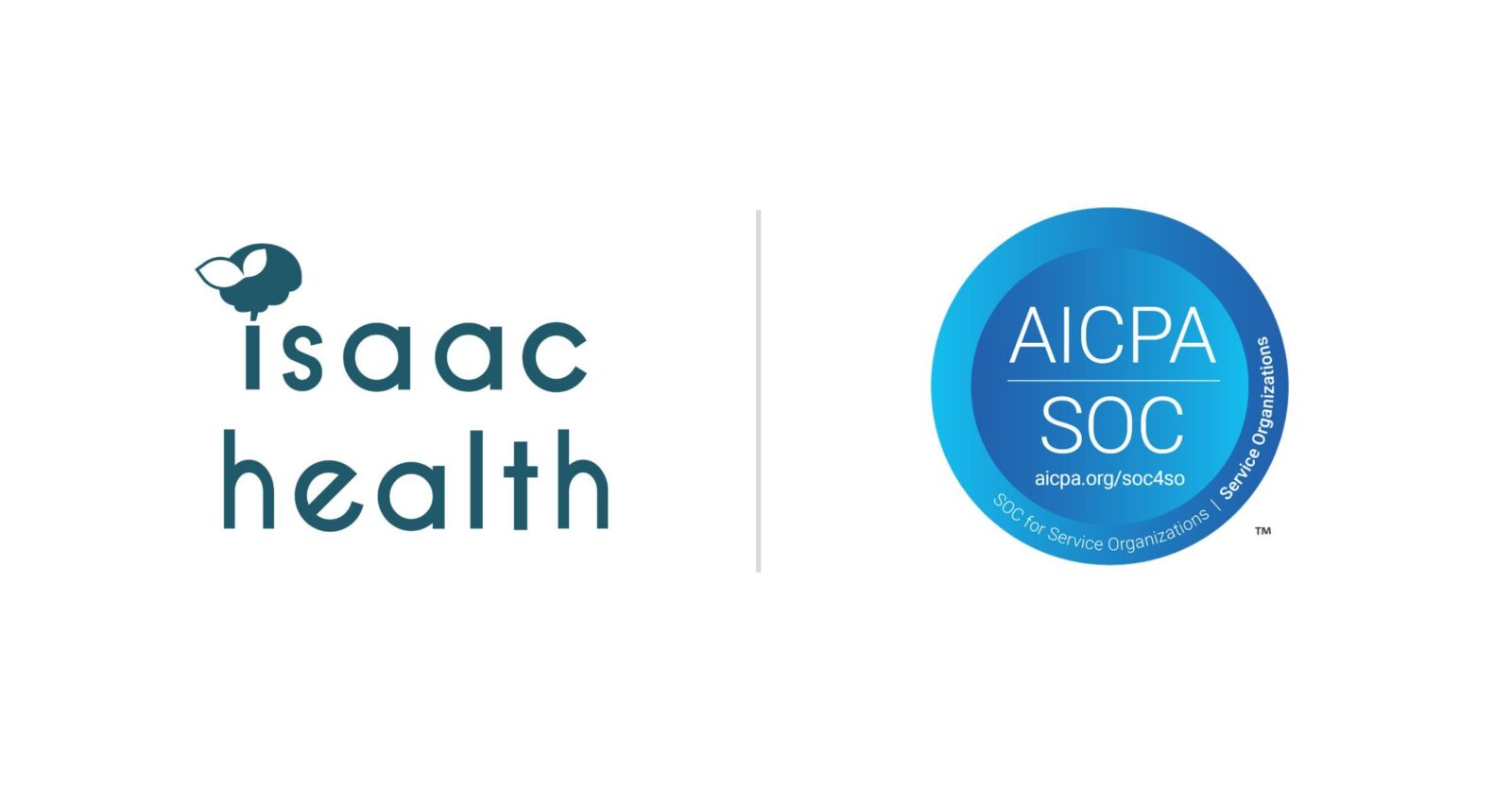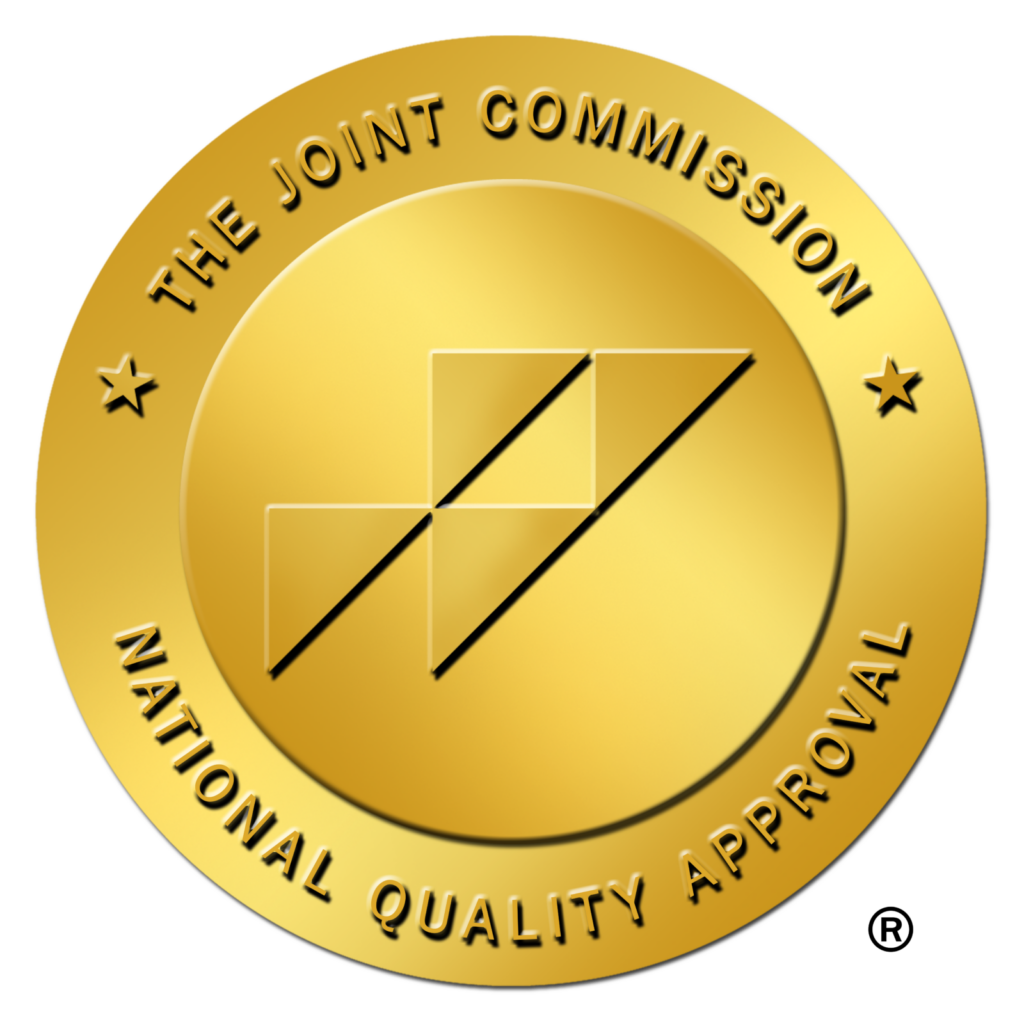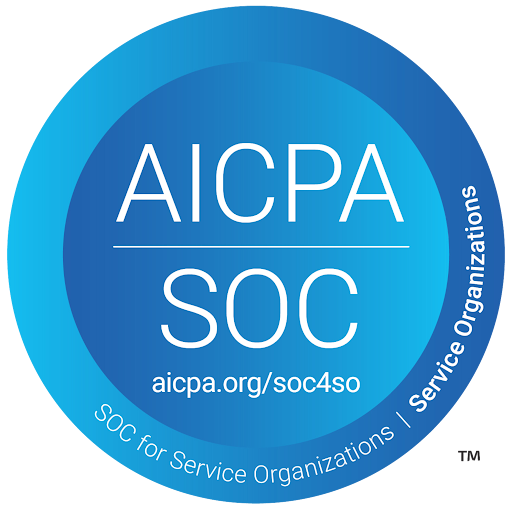Cognitive-behavioral therapy (CBT) is a type of psychological therapy that focuses on how thoughts, feelings, and behaviors are interconnected. It has been widely used for mood disorders such as depression, anxiety, and post-traumatic stress disorder (PTSD). However, CBT has also been shown to be effective in treating cognitive symptoms, such as memory loss and problems with thinking. In this blog post, we will explore what CBT is, who might benefit from it, the most compelling research about it, and how to connect with a therapist who is specially trained in conducting CBT.
What is Cognitive-Behavioral Therapy?
CBT is a type of talk therapy that is based on the idea that our thoughts, feelings, and behaviors are interconnected. It focuses on helping individuals change their negative thoughts and behaviors to improve their overall mental health. CBT can be used to treat a variety of mental health conditions, including mood disorders, anxiety disorders, and substance abuse disorders. In recent years, research has shown that CBT can also be effective in treating cognitive symptoms.
How is CBT Used to Treat Mood Disorders?
CBT is commonly used to treat mood disorders such as depression, anxiety, and PTSD. In these cases, the therapist helps the patient identify negative patterns of thought and behavior that may be contributing to their symptoms. They then work with the patient to develop strategies for changing these patterns and improving their overall mental health. CBT is typically delivered in a structured format, with a set number of sessions focused on specific goals.
How Can CBT Help with Cognitive Symptoms?
Cognitive symptoms can be caused by a variety of factors, including aging, medical conditions, and medication side effects. CBT can be used to help individuals with cognitive symptoms by teaching them strategies for managing their symptoms and improving their overall quality of life. Some of the techniques used in CBT for cognitive symptoms include:
Cognitive restructuring:
This involves helping individuals identify negative thoughts and beliefs that may be contributing to their symptoms and replacing them with more positive and helpful thoughts.
Behavioral activation:
This involves encouraging individuals to engage in activities that they enjoy and that can help improve their cognitive functioning.
Memory training:
This involves teaching individuals strategies for improving their memory, such as using mnemonic devices and practicing retrieval.
Who Might Benefit from CBT for Cognitive Symptoms?
CBT can be helpful for individuals who are experiencing memory loss or problems with thinking. It may be particularly useful for individuals who have a medical condition that is causing their cognitive symptoms, such as Parkinson’s disease or multiple sclerosis. CBT can also be helpful for individuals who are experiencing cognitive symptoms as a side effect of medication or treatment.
What Does the Research Say About CBT for Cognitive Symptoms?
Research has shown that CBT can be effective in improving cognitive functioning in individuals with a variety of conditions, including traumatic brain injury, mild cognitive impairment, and dementia. For example, a study published in the Journal of the American Geriatrics Society found that CBT improved cognitive functioning in individuals with mild cognitive impairment. Another study published in the Journal of Head Trauma Rehabilitation found that CBT improved cognitive functioning in individuals with traumatic brain injury.
Cognitive Rehabilitation
In addition to cognitive-behavioral therapy, another treatment that may help those experiencing cognitive symptoms is cognitive rehabilitation. Cognitive rehabilitation is a non-pharmacological approach that aims to improve cognitive function and performance by teaching new skills or retraining existing ones. This therapy typically involves a personalized approach that includes training in attention, memory, and executive functions. Cognitive rehabilitation can be provided in individual or group settings and can be tailored to the specific needs of the individual.
Research has shown that cognitive rehabilitation can be beneficial for those with mild cognitive impairment or dementia, as well as those with other neurological conditions such as multiple sclerosis, traumatic brain injury, and stroke. While it may not reverse cognitive decline, it can help individuals to better manage their symptoms and improve their quality of life.
Connecting with a CBT Therapist
If you’re interested in trying CBT for cognitive symptoms, it’s important to find a therapist who is specifically trained in this type of therapy. You can start by asking your primary care physician or neurologist for a referral. Additionally, the Academy of Cognitive and Behavioral Therapies has a directory of therapists who are trained in CBT and can help you find a therapist in your area.
CBT can be conducted in person or via telehealth visits, and research has shown that virtual visits can be just as effective as in-person visits. At Isaac Health, we offer CBT and cognitive rehabilitation services to our patients, and we’re proud to be able to provide this specialized care. If you’re interested in learning more about our services or would like to schedule an appointment, please visit our main page and contact us.
The Right Prescription
While memory loss and cognitive symptoms can be difficult to manage, CBT and cognitive rehabilitation offer promising options for those looking to reduce the burden of these symptoms. CBT can be effective in improving mood and reducing anxiety and depression, but it can also be used to improve cognitive function and manage symptoms of cognitive decline. Cognitive rehabilitation, on the other hand, offers a personalized approach to improving cognitive function and performance. Whether you choose CBT, cognitive rehabilitation, or a combination of both, finding a therapist who is trained in these specialized therapies is key. At Isaac Health, we’re committed to providing our patients with the highest quality care and support, and we’re here to help you find the treatment that’s right for you.
Sources:
National Institute of Mental Health. Psychotherapies. Accessed February 23, 2023. https://www.nimh.nih.gov/health/topics/psychotherapies/index.shtml
Academy of Cognitive and Behavioral Therapies. Why CBT? Accessed February 23, 2023. https://www.academyofct.org/page/WhyCBT
Harvard Health Publishing. Cognitive Behavioral Therapy. Accessed February 23, 2023. https://www.health.harvard.edu/mind-and-mood/cognitive-behavioral-therapy
Högberg G, Pagels A, Tengelin E, et al. Cognitive and behavioral effects of cognitive training intervention among persons with cognitive complaints – a randomized controlled trial. Front Aging Neurosci. 2013;5:1-8. doi: 10.3389/fnagi.2013.00019
McEvoy PM, Nathan P, Norton PJ. Efficacy of transdiagnostic treatments: a review of published outcome studies and future research directions. J Cogn Psychother. 2009;23(1):20-33. doi: 10.1891/0889-8391.23.1.20
Neurosymptoms.org. Psychological Therapy. Accessed February 23, 2023. https://neurosymptoms.org/en/treatment/psychological-therapy/
University of California, San Francisco. Cognitive Behavioral Therapy. Accessed February 23, 2023. https://www.ucsfhealth.org/treatments/cognitive-behavioral-therapy
Academy of Cognitive and Behavioral Therapies. FAQ. Accessed February 23, 2023. https://www.academyofct.org/page/FAQ
Academy of Cognitive and Behavioral Therapies. Search for a Therapist. Accessed February 23, 2023. https://www.academyofct.org/search/custom.asp?id=4410








